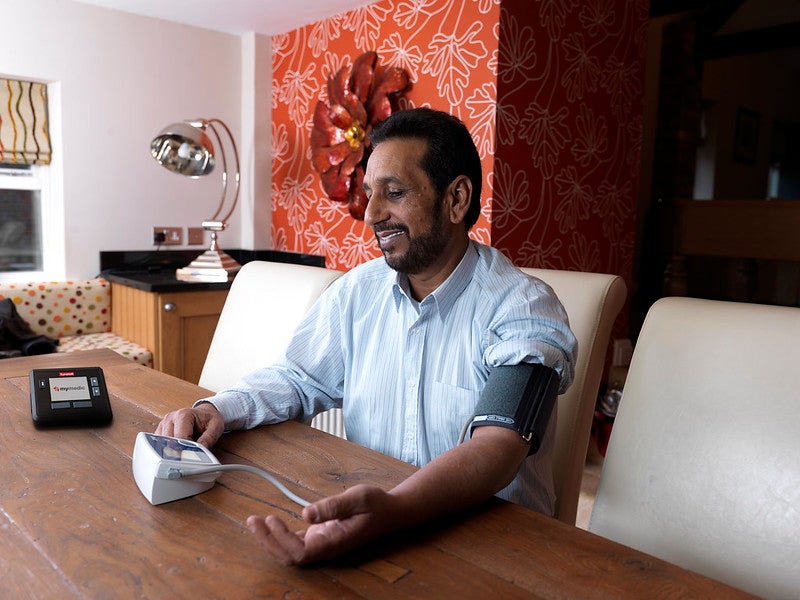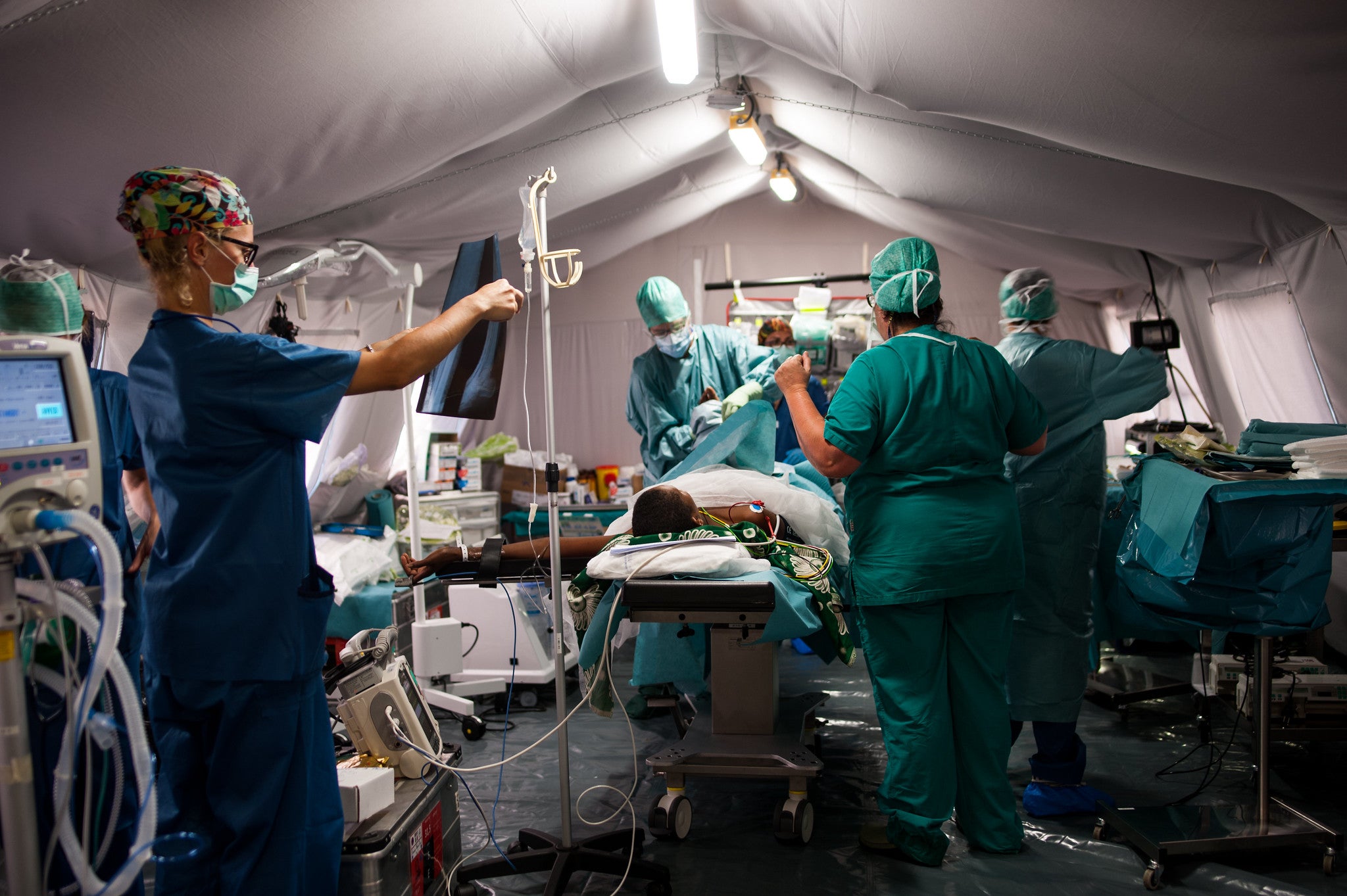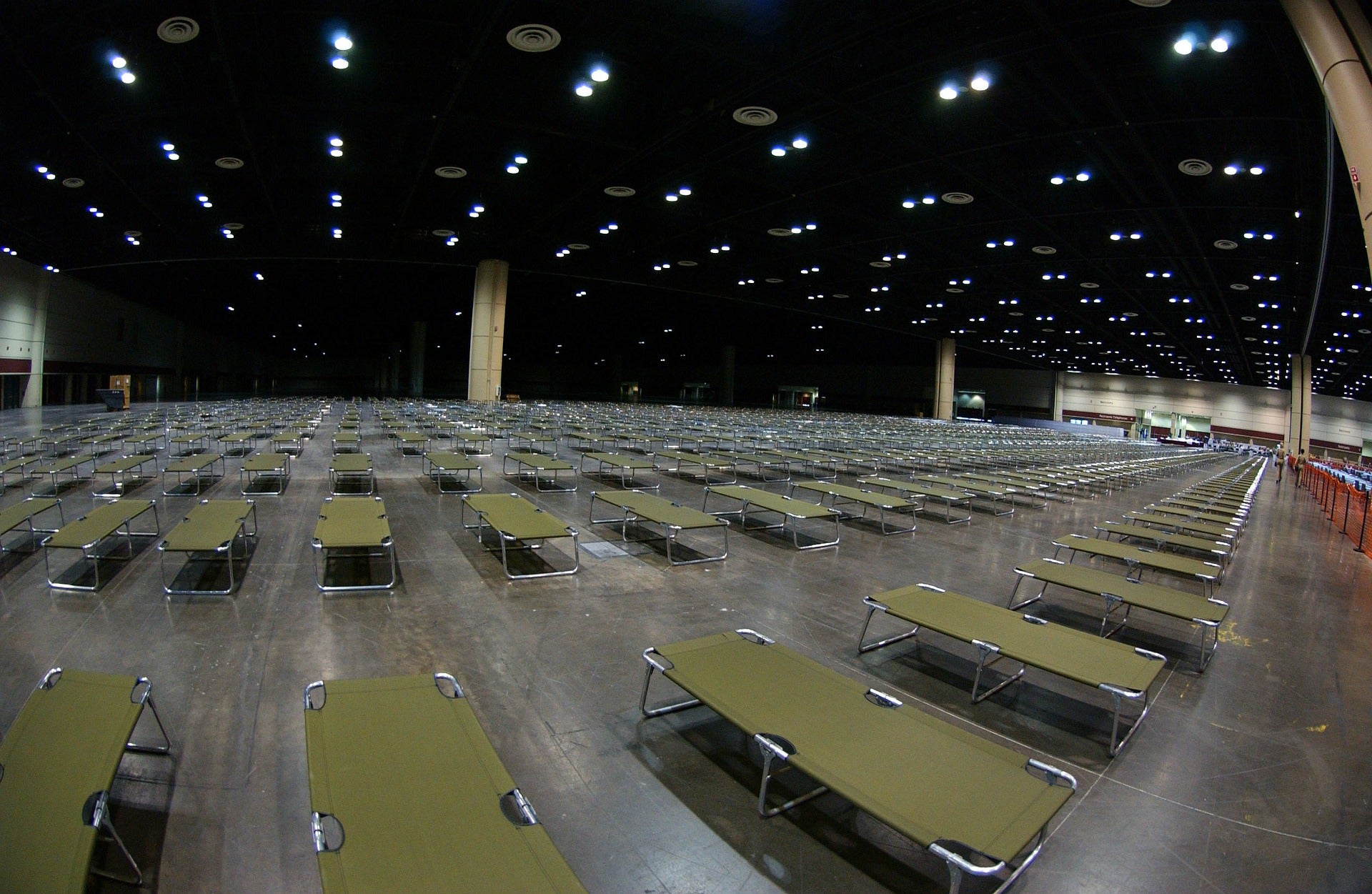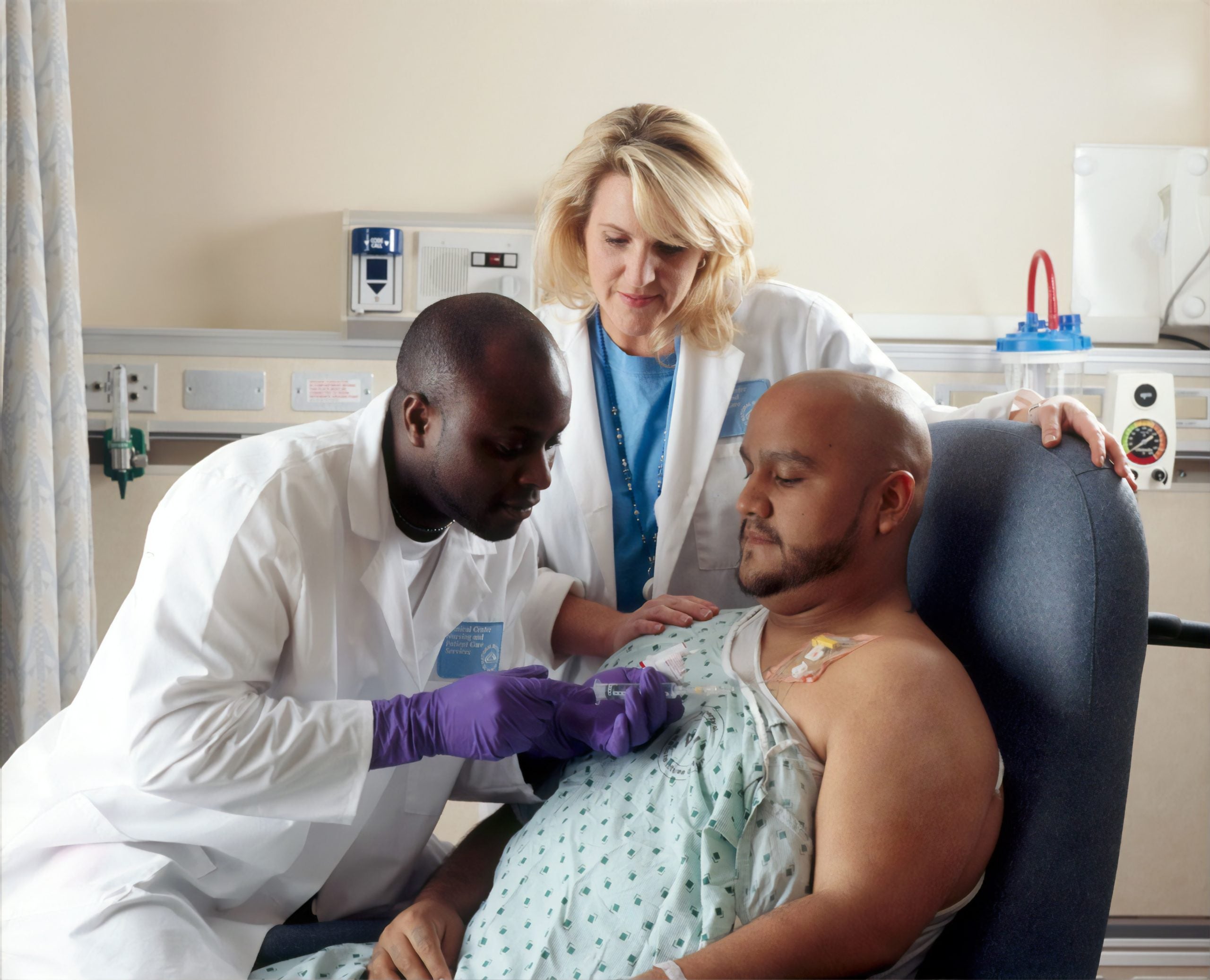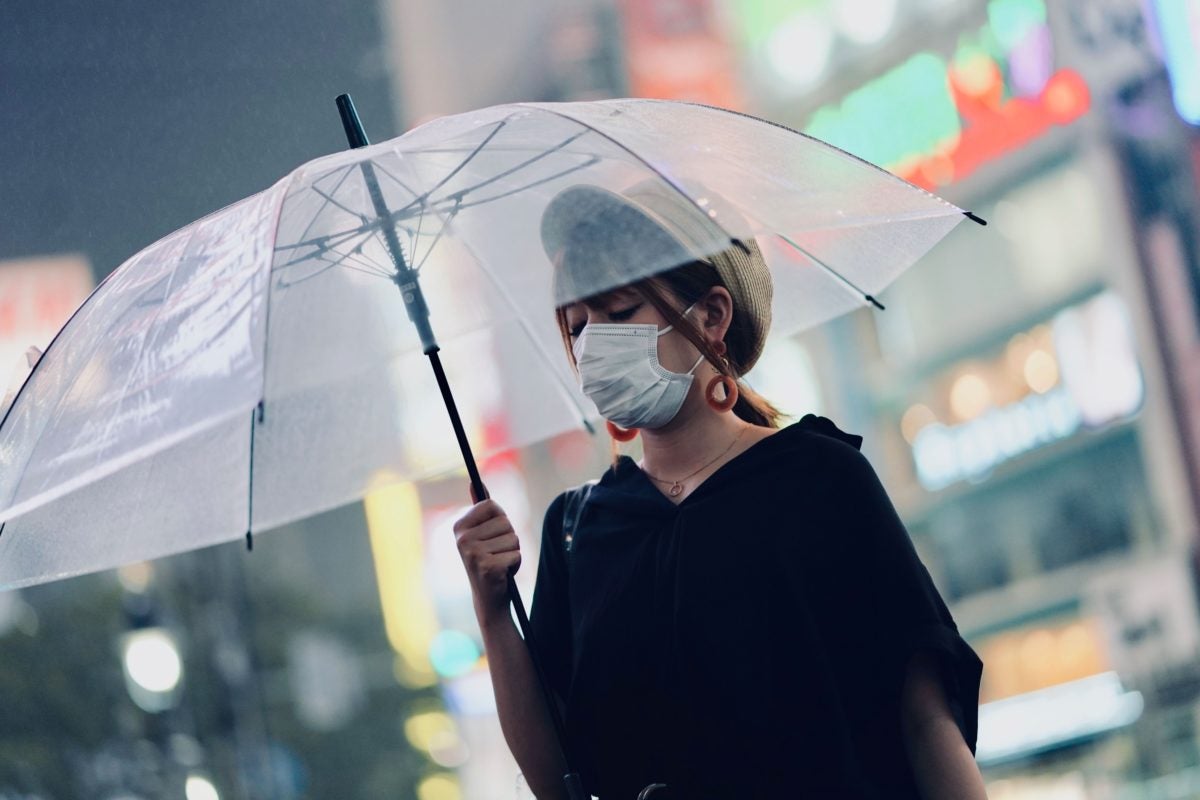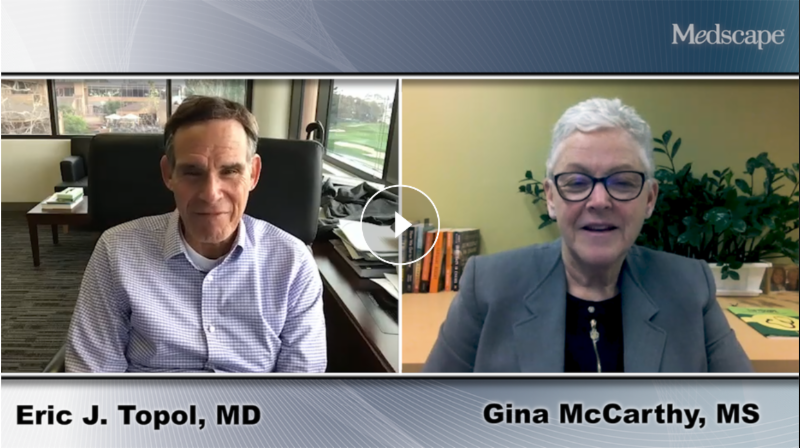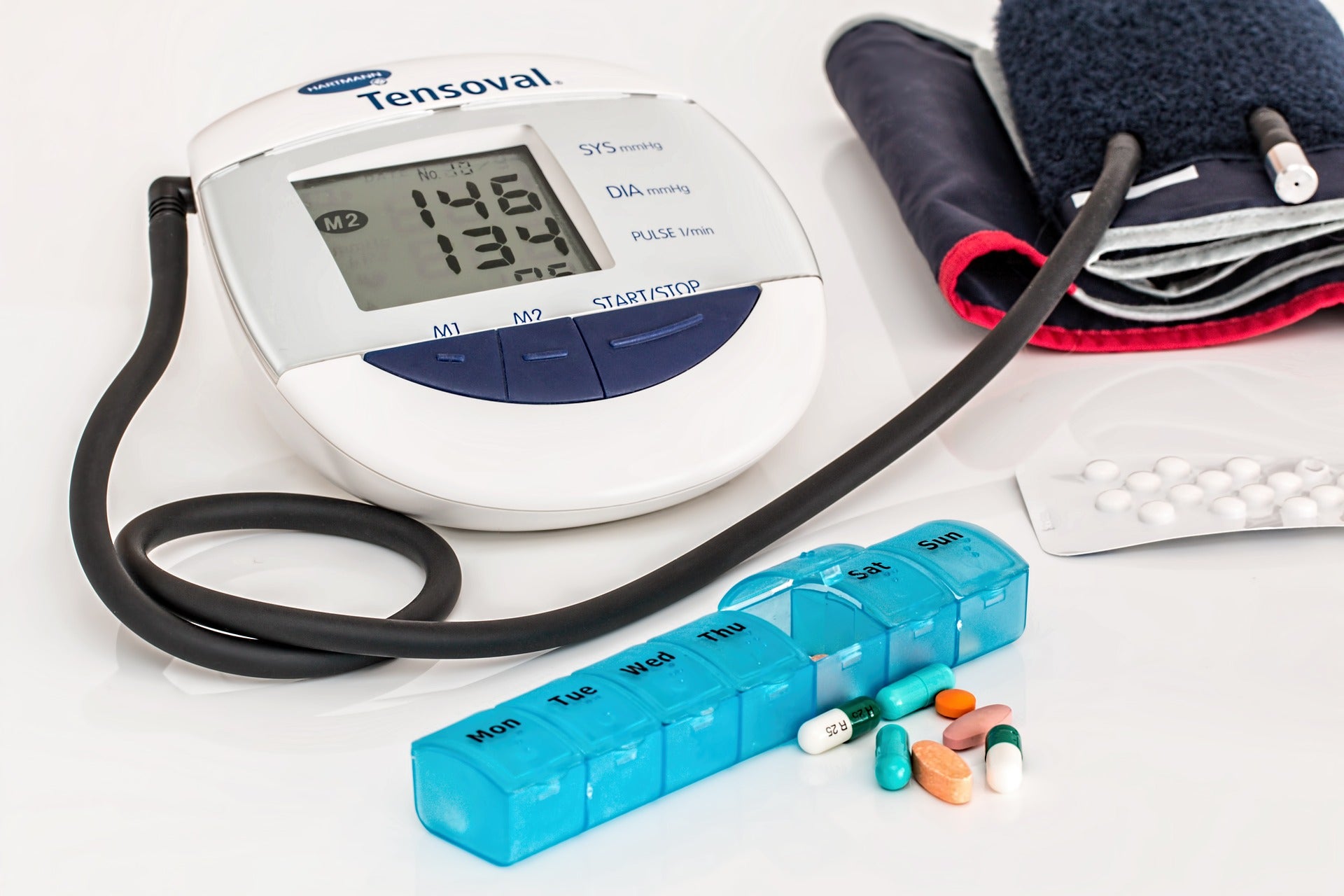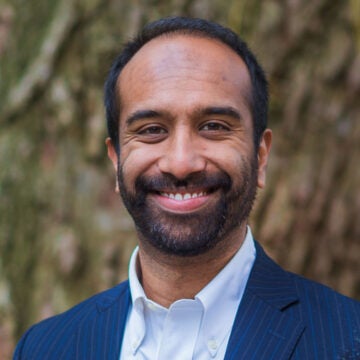Community organizing skills empower a new movement of physicians advancing climate solutions
BOSTON, Mass. – Healthcare professionals are among the most trusted voices when it comes to climate action, but often lack the personal belief in their capacity to make a meaningful impact while also feeling burned out, isolated, overwhelmed by the scope of the problem, and buried under busy clinical schedules. A study published today in Academic Medicine finds that healthcare providers who took part in a community organizing fellowship that addresses these challenges increased their understanding of how climate impacts health and health equity; their sense of purpose and community; and their ability to develop strategies that reduce negative impacts of climate change on people’s health.
The study, led by the Cambridge Health Alliance Center for Health Equity and Education and Advocacy (CHEEA) in collaboration with the Center for Climate, Health, and the Global Environment at Harvard T.H. Chan School of Public Health (Harvard Chan C-CHANGE), offers a novel approach for those in healthcare who want to take climate action but don’t know how.
The Climate Health Organizing Fellowship, led by CHEEA and Harvard Chan C-CHANGE from January 2022 – June 2022, taught health professionals the skills of public narrative and community organizing, based on the teaching principles of Harvard Kennedy School faculty Marshall Ganz, and helped fellows develop projects to address climate change in their home organizations and communities.
“It can feel lonely and daunting to see how climate change is hurting our patients and to have no idea how to help,” said lead author Dr. Gaurab Basu, co-director of the fellowship and education and policy director at Harvard Chan C-CHANGE. “This fellowship trains healthcare professionals as advocates and organizers so they can create climate solutions in their communities and find their identity as changemakers.”
The study followed a cohort of 40 health professionals who took part in the 6-month fellowship that taught how community organizing practices can mitigate the health and health equity effects of climate change. In pre- and post-fellowship surveys, participants assessed their understanding of how climate impacts health; their mastery of community organizing practices; and their sense of community, purpose, self-efficacy, and burnout in climate work. Participants reported statistically significant improvements in 11 of 17 areas after the fellowship, including:
- Understanding the historical context of health inequities related to climate change (increase from 68% agree to 97% agree)
- Knowing how best to contribute to addressing climate change (increase from 63% agree to 97% agree)
- Understanding the principles of community organizing (increase from 37% agree to 100% agree) and how to put them into practice (increase from 32% agree to 95% agree)
- Believing they can develop effective strategies a) to reduce adverse effects of climate change on people’s health (increase from 50% agree to 97% agree); b) to combat climate change at their home organization (increase from 47% agree to 97% agree); and c) in their local community (increase from 37% agree to 92% agree).
- Believing they can make a difference in addressing climate change (increase from 84% agree to 100% agree)
- Feeling a sense of community among colleagues in addressing climate change (increase from 68% agree to 90% agree)
The findings come on the heels of the first-ever UN Climate Change Conference (COP28) to host a Health Day, which shed light on how climate change harms health in every corner of the world—a reality that healthcare providers see every day as they treat patients suffering from climate impacts and chronic issues related to air pollution.
“The Climate Health Organizing Fellowship brings together clinicians for a year-long commitment to learn, lead, and take action,” said Pedja Stojicic, co-director of the fellowship and adjunct lecturer on health policy and management at Harvard T.H. Chan School of Public Health. “What we found is that fellows are not only gaining tangible skills like narrative storytelling, but they also feel a stronger sense of purpose and self-efficacy, which are critical to taking action and fighting burnout.”
Capstone projects included:
- Successfully procuring electric buses for public schools in Georgia
- Building capacity of state-wide climate and health equity initiatives in Wisconsin
- Successfully advocating that the American Medical Association declare climate change a public health emergency
- Successfully advocating to have the University of Pittsburgh Medical Center sign the HHS pledge to decarbonize hospital emissions
- Raising awareness of the impacts of climate change on cancer care, leading the American Society for Radiation Oncology to pass a climate change policy statement and develop a climate change working group
The third year of the Climate Organizing Fellowship is underway and will accept the next round of applications starting in Spring 2024.
Press contact: Anna Miller, amiller@hsph.harvard.edu
Read the study in Academic Medicine
Related media:
- Bold new program equips doctors to take action on climate initiatives: ‘When I speak, people listen’ (The Cool Down)
-
A prescription for better electric engagement (Op-ed by Dr. Gaurab Basu)
###
About Harvard Chan C-CHANGE
The Center for Climate, Health, and the Global Environment at Harvard T. H. Chan School of Public Health (Harvard Chan C-CHANGE) increases public awareness of the health impacts of climate change and uses science to make it personal, actionable, and urgent. The Center leverages Harvard’s cutting-edge research to inform policies, technologies, and products that reduce air pollution and other causes of climate change. By making climate change personal, highlighting solutions, and emphasizing the important role we all play in driving change, Harvard Chan C-CHANGE puts health outcomes at the center of climate actions. To learn more visit https://www.hsph.harvard.edu/c-change/.
About The Cambridge Health Alliance Center for Health Equity Education & Advocacy
The Center for Health Equity Education & Advocacy (CHEEA) is an educational initiative at Cambridge Health Alliance (CHA) that seeks to better equip healthcare professionals with opportunities to engage in meaningful social justice curriculum, community building, discussion, and mentorship. The center seeks to better position health professionals to be change makers. To learn more visit https://www.healthequity.challiance.org/.

